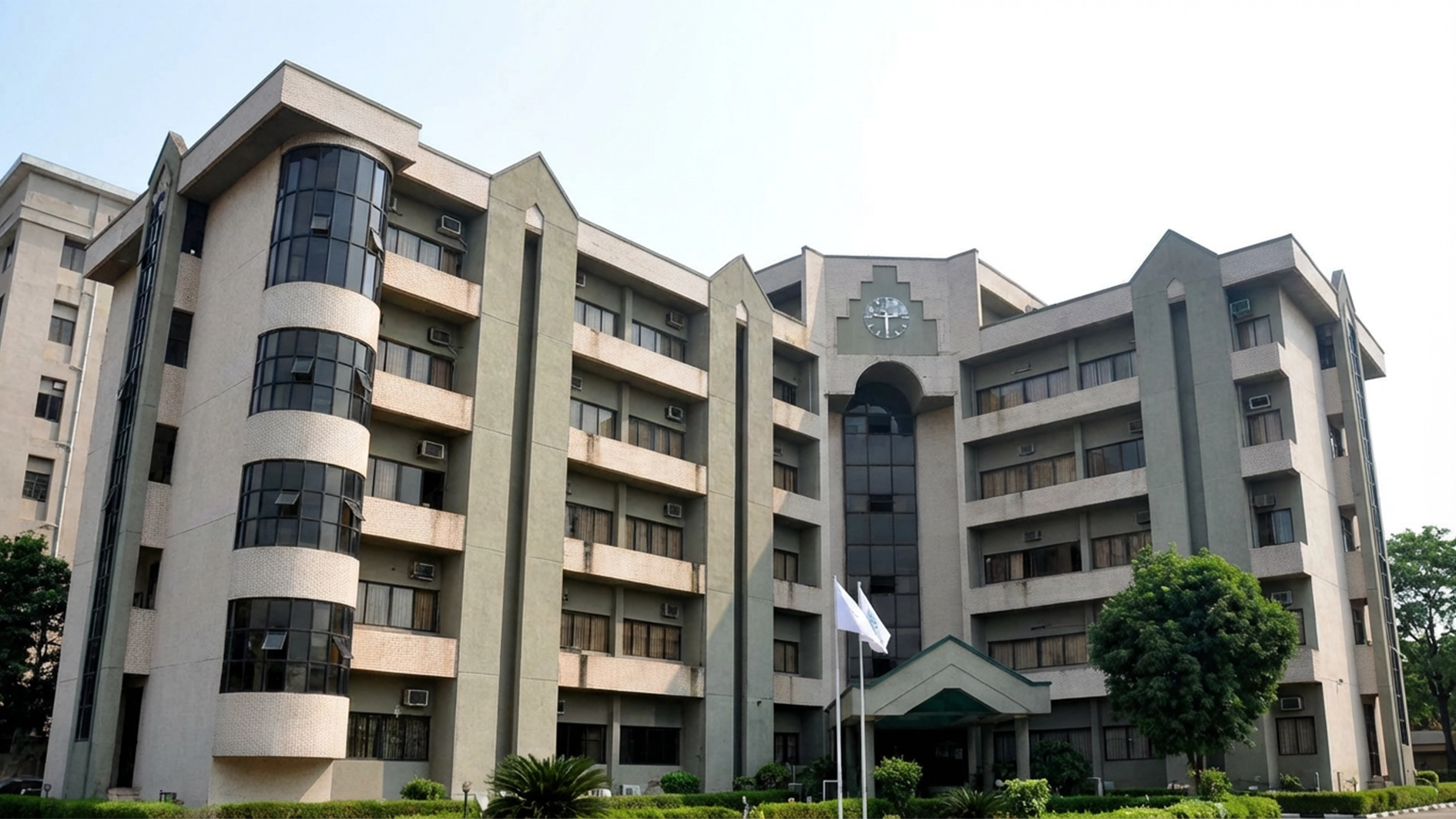 Often times the Nigerian economy lacks the necessary parametres to critically appraise it and come up with analyses that would enable business operators, especially small-scale and cottage businesses reposition themselves for growth and development. And even when economic models from advanced countries are copied because they are strong and encourage local and cottage productions, they failed to work here due to poor application or inappropriate business attitude.
Often times the Nigerian economy lacks the necessary parametres to critically appraise it and come up with analyses that would enable business operators, especially small-scale and cottage businesses reposition themselves for growth and development. And even when economic models from advanced countries are copied because they are strong and encourage local and cottage productions, they failed to work here due to poor application or inappropriate business attitude.
Inevitably, this likewise affects small-scale and cottage business, whose contributions though not quantifiable in terms of foreign earnings, have lasting impact on the people. This failure has opened the nation’s economy to all manners of fiscal policies, which become moribund as soon as no they are made.
One of such areas, where things are not working as expected, is in the use of coins in daily transactions.Adekunle Folajuno, an accountant with a micro bank, said coins are important in any economy, as they facilitate transactions and reduce the tendency to approximate the prices of goods and services to the nearest currency notes. He explained that coins break down high currency denominations to smaller bits, which discourage undue inflation of prizes of goods, as the consumer must collect his/her balance. He added that prices of items are high because the seemingly negligible amount consumers often overlook have been added to the total price. This is made worse because some sellers would not give buyers such small balance, while some customers do not also ask for it. He noted that even when customers demand for their balance, it is not always available, forcing the customers to leave it or buy what he/she never intended just to make up. On its own, this has added to undue price increase.
Said he: “Most times, people don’t know that they cause inflation with their taste and attitude. When people reject coins, they are saying prices should be approximated to the nearest whole figure. So, aside checkmating inflation, it makes change available for daily transactions.
“This is one of the reasons the Central Bank of Nigeria (CBN) in 2007, re-introduced coins, as part of the economic reforms. The apex bank also directed that all banks should pay two per cent of all withdrawals in coins and that banks should not accept coins as deposits because the aim was for coins to circulate for sometime in the economy.”
Blaming naira’s depreciation and people’s preference for currency notes for the rejection of coins, Ikechukwu Azuka, queried: “What actually can anyone buy with coins today, when prices are on the increase daily?”
According to him, most people prefer note currency to coins because the former is light and easy to carry around. In his view, some coins are small and could be dangerous to children, who may accidentally swallow them.
“How exactly do you want me to carry N5, 000 worth of coins? What can be bought with N2 worth of coin, for instance? The coins are not in use because they do not measure up to current economic situation. Besides, they disappeared from circulation because people are putting them to other uses, such as taking them to the goldsmith, where they are made into jewellery,” he said.
But Oscar Ehimeme, an importer of wine, put the blame on ignorance and government’s inability to enforce usage. He said that in advanced economies, coins are still used for transactions, and that if legislation has failed to enforce usage, government should emulate countries like China, United Kingdom and U.S.A, among others, by designating some business centres and establishments for their use only.
“No society can claim to have low inflation rate without the use of coins. So, aside enlightening Nigerians on the importance of coins in circulation, government should designate some business places and establishments such as cinemas, tollgates, tertiary institutions, lottery centres, Post Offices, licensing offices and others that attract heavy human traffic, as no banknote-for-transaction places. And anyone that fails to comply should be treated as a saboteur because he/she is not working for the good of the nation. This means all business transactions in the designated areas should be done in coins.
“Doing this would not only encourage Nigerian to change their attitude of not collecting their balances in shops, but would also make them carry coins and appreciate their values in the economy,” he said.
Admitting that he does not use coins and would discourage its usage, Lasis Adelakun, a dealer in foodstuff, said they are too heavy and require special purse to keep them, which might expose one to some dangers.
“Can I go to a party and start spraying coins? I can’t imagine that. In fact, people will run away from me in this modern time if I do that. As values change, our economic values change along with it. Aside showing one’s affluence, notes are easy to carry. One can carry as much as N100, 000 without anyone being aware of it. But this is not the same with coins, which is why some people don’t want to have anything to do with them,” he said.
For Modupe Adewusi, a confectioner, not using coins has somehow increased her profit, as she sells a pack of biscuits or stick of candy that ordinarily should have cost N8 for N10. At best, she sells three of such candies for N25. According to her, this has saved her from having to look for change.
“I buy large stock and resell to retailers, though I also sell on retail prices. By the time I calculate what I ought to sell each item, putting all variables such as transport, feeding, rents and my expected profit, the selling price for each item may be N6 or N7. Since most people do not come to buy with coins, I just estimate the prices to the nearest round figure. This leaves me with extra profit of between N200 and N300 per carton,” she explained.
Commenting on the vacuum created by the dearth of coins in the economy, Tajudeen Fatade, a marketer, said though Nigerian government often copy foreign economic models, the effect of such are not reflected locally. According to him, in countries where coins are used, the people have been made to appreciate its importance to their economy and would do all things within their power to protect their economy. But this is not the case in Nigeria, where some people associate the usage with poverty.
“In fact, some Nigerians view coins as money meant for beggars and would have nothing to do with them. But they fail to realise that both the micro and macro economies are related and interdependent,” he said.
Suggesting ways to reverse this trend, Fatade urged government to make fiscal policies that will encourage people to embrace the culture of using coins.
“Government can do this by redirecting the usage to specific businesses and if possible, increase the face value. Such notes as N20, N10 and N5 should be converted into coins and you will be surprised that all denominations of coins would be in use,” he said.






